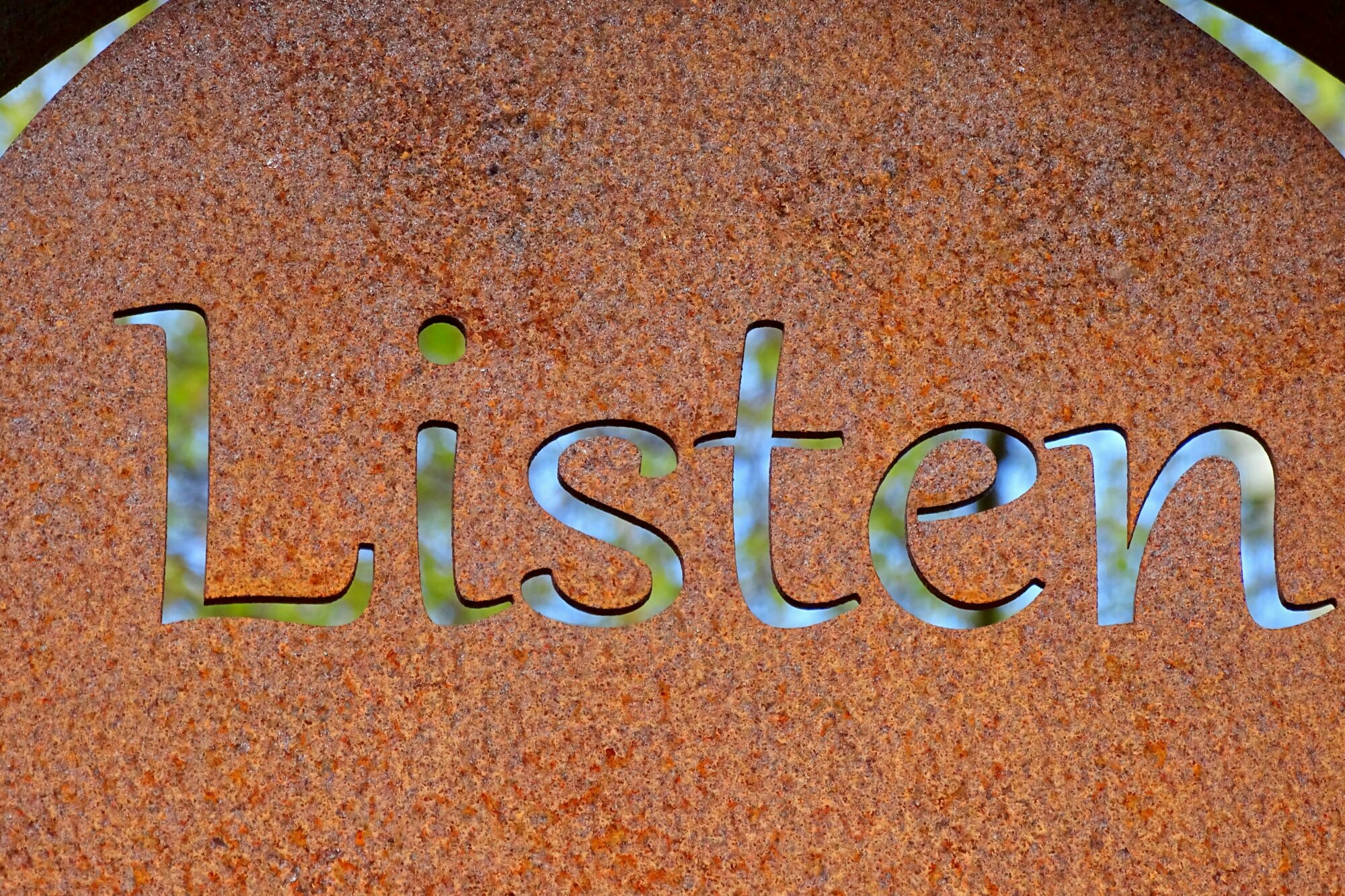An Active Process
Listening isn’t just about hearing. It’s an active process. It’s about understanding, interpreting, and responding appropriately.
Effective leaders know that to truly listen is to connect. It’s not merely waiting for your turn to speak. It’s about being fully present, giving your undivided attention to the speaker, without preconceived notions clouding the conversation.
Why does this matter? Because leaders who listen can better navigate the complexities of today’s workplace. They build stronger teams and inspire loyalty.
In this episode of the “Aim Higher” podcast, my panel and I discuss the importance of listening, especially as it applies to leaders and those who aspire to leadership. We got things started with a list of 10 ways that listening can improve your team’s performance. I believe that listening:
- Fosters empathy
- Enhances decision-making
- Builds trust
- Facilitates conflict resolution
- Improves team dynamics
- Encourages open communication
- Enhances personal development
- Boosts employee engagement
- Nurtures innovation
- Cultivates emotional intelligence
Before you listen, I want you to consider this wonderful quote from Alan Alda:
How powerful is that? Listening to someone to be changed by them.
I think that a lot of us go into “listening mode” with specific plans in mind. Even if we are being intentional and are engaged in active listening, we may be planning to react, answer, counter, inform, etc. We are listening, essentially, for our own reasons. And that’s OK. We often need to do just that. Examples of listening purposefully that require us to bring a specific outcome with us might include:
- Decision making. Someone is presenting choices, and we listen carefully to decide.
- Conflict resolution. We need to listen to deescalate a contentious situation.
- Neutral data collection. Our goal is to listen and record ideas or opinions.
- Needs assessment. We listen to make sure we understand the situation and requirements.
Those aren’t bad kinds of “active listening.” But we’re not, usually, setting ourselves up to be “changed” in that capacity.
I think we need to go into any active listening situation with a plan, but also with openness. We need to be ready to be changed, even if what we’re doing seems very transactional.
Check this post out on 37 quotes to be a better listener.
Image Credit: belinda fewings

